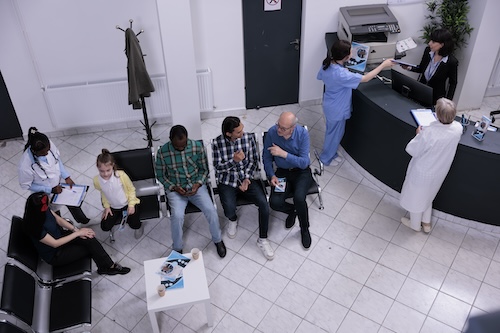According to Wikipedia, a hospital-acquired infection or HAI or nosocomial infection is an infection whose development is favored by a hospital environment. It is an infection acquired by a patient during a hospital visit or one developing among hospital staff. Such infections include fungal and bacterial infections and are aggravated by the reduced resistance of individual patients.
These infections can be caused by bacteria, viruses, fungi, or parasites. The microorganisms may either be already present in the patient’s body. Or it may come from the hospital’s indoor environment or contaminated hospital equipment or health care workers, or other patients.
About 5-10% of patients admitted to hospitals in the United States develop HAI. The Centers for Disease Control and Prevention (CDC) estimate that more than two million patients develop HAI in the United States each year, and about 90,000 of these patients die as a result of their infections.
The estimates from the World Health Organization (WHO) showed that Malaysia has 400,000 cases of hospital-acquired infections (HAI), which comprises about 13.9 percent of the total hospital admissions in 2010.
Healthcare-associated infections are of important wide-ranging concern in the medical field


